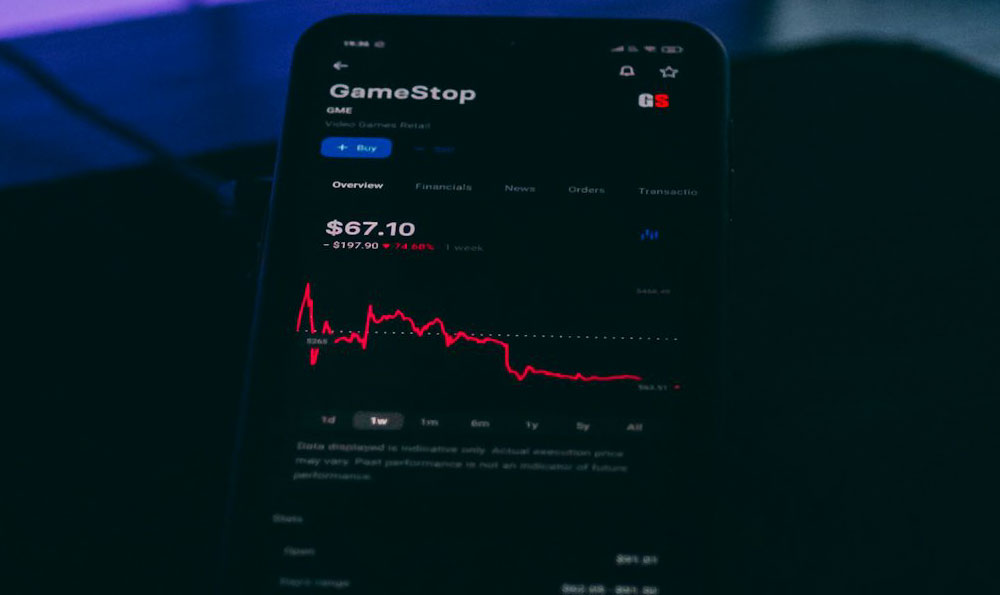
Making money on Airbnb without owning property is a viable strategy for those looking to capitalize on the sharing economy, especially in the current landscape where remote work and travel habits have shifted. While the traditional model requires property ownership, savvy investors can explore alternative methods to generate income through Airbnb’s ecosystem. One of the most straightforward approaches is becoming a host without owning physical space, which involves leveraging partnerships, outsourcing operations, or utilizing existing assets in creative ways. This method not only allows for participation in the lucrative short-term rental market but also mitigates the risks associated with property acquisition, such as maintenance costs, legal complexities, and liquidity concerns.
A popular strategy is renting out spaces that are not your own, such as partnering with long-term tenants who are willing to sublet their properties. This requires careful vetting of potential hosts, ensuring they have the legal right to rent, and establishing agreements that outline responsibilities. Successful subletting often depends on the host’s reliability, the quality of the space, and the ability to maintain consistent availability. For example, a homeowner who plans to travel for extended periods might rent out their apartment to an Airbnb host, who then manages it as a short-term rental. This arrangement allows the homeowner to earn passive income while the host benefits from the opportunity to list and manage properties without the burden of ownership. However, the host must ensure that the terms of the subletting agreement are clear and that they have the necessary insurance and permits to operate legally.
Another method is utilizing underused assets as Airbnb listings. This includes converting storage spaces, such as garages, basements, or sheds, into rental units. By doing so, investors can maximize the utility of existing property while minimizing initial investment. For example, a property owner with a detached garage might use it as an Airbnb unit for short trips or local events. This requires some level of renovation or furnishing, depending on the space’s current condition, and careful consideration of local zoning laws. The key to success lies in identifying spaces with high demand and low supply, such as areas near tourist attractions or business districts, and positioning them as unique offerings.

Investors can also operate as brokers or service providers for Airbnb hosts. This involves helping other hosts manage their properties through tasks such as marketing, booking management, or guest communication. By offering these services, individuals can charge fees or take a commission from the hosts’ earnings. For instance, a marketing specialist might create engaging listings and photos for hosts, increasing their chances of attracting bookings. Alternatively, a service provider could handle guest inquiries and resolve issues, improving the host’s rental experience. This method requires building a reputation for reliability and competence, as well as understanding the platform’s algorithms and user preferences.
For those who prefer a hands-off approach, investing in Airbnb through third-party platforms or partnering with Airbnb Experiences can be an effective strategy. Airbnb Experiences allow individuals to offer unique activities or experiences, such as guided tours, cooking classes, or local excursions, which can generate income through service fees. This requires creativity, marketing skills, and an understanding of local culture. Additionally, some investors choose to invest in Airbnb through REITs (Real Estate Investment Trusts) or fractional ownership models, which allow them to profit from rental income without direct ownership. These options provide diversification and reduce the need for personal involvement in property management.
Optimizing income without owning property also involves analyzing market demand and trends. Investors should research popular neighborhoods, time of year, and local events to determine where and when their listings can generate the most revenue. Tools such as Airbnb’s own data analytics, third-party software, or social media platforms can provide insights into market conditions. Moreover, understanding seasonality and local demand is crucial, as different regions may have varying levels of interest depending on the time of year. For example, a property near a beach might be more profitable during summer months, while a city apartment could thrive during peak business travel seasons.
Managing an Airbnb without property ownership also requires cost-effective strategies for maintaining and operating the business. This includes sourcing affordable furnishings, using cost-saving technologies such as smart locks or automated cleaning services, and exploring partnerships that reduce overhead expenses. In addition, protecting against risks such as cancellations, damage, or legal issues is essential. Utilizing insurance products, setting clear rental policies, and maintaining good communication with guests can help mitigate these risks.
Ultimately, the most successful investors in this space are those who combine strategic planning with adaptability. By understanding the platform’s dynamics, leveraging partnerships, and focusing on quality and reliability, individuals can generate substantial income without the need for property ownership. Additionally, staying informed about market trends and regulatory changes ensures that the business remains sustainable and profitable in the long term. Whether through subletting, converting underused assets, or offering unique services, the key to success lies in creativity, diligence, and a deep understanding of the Airbnb ecosystem.





